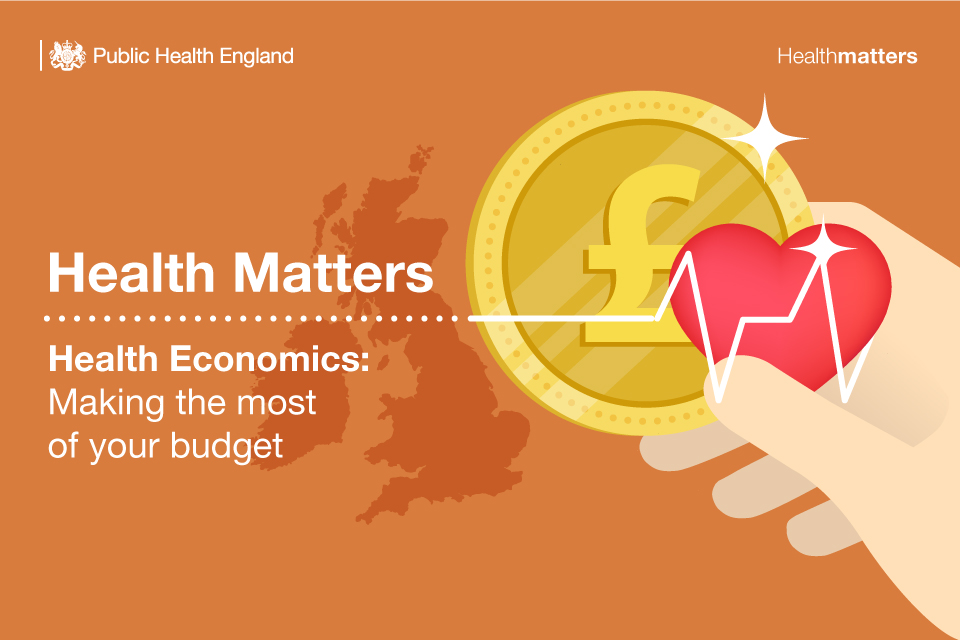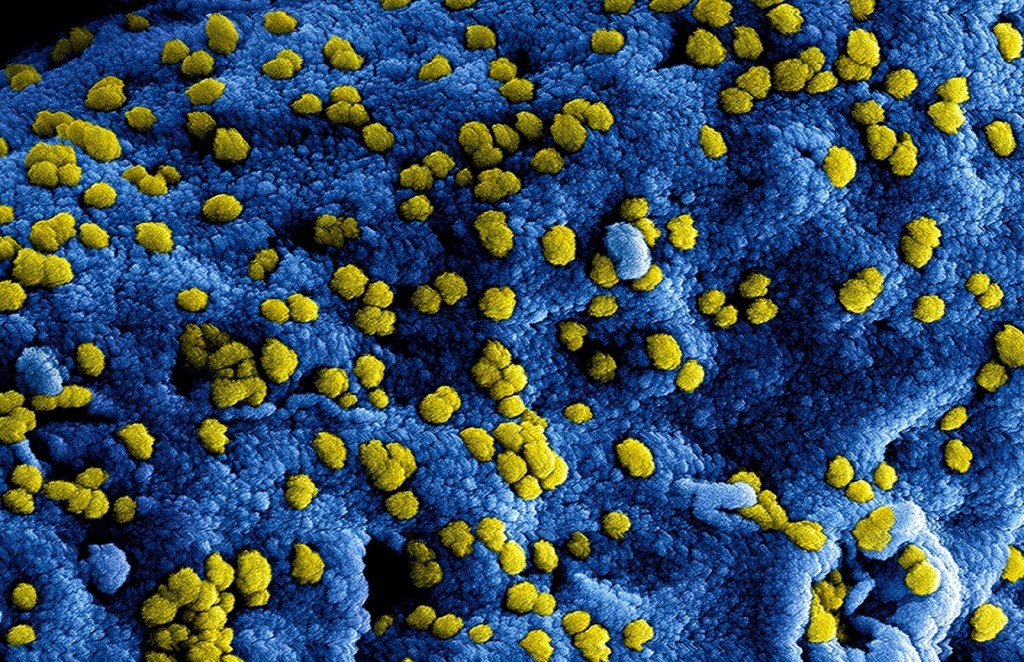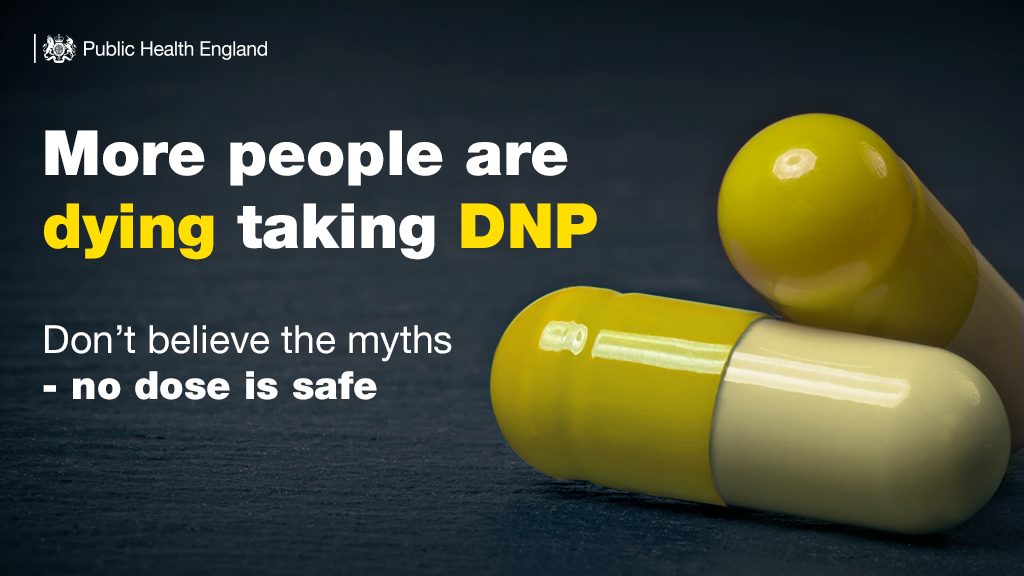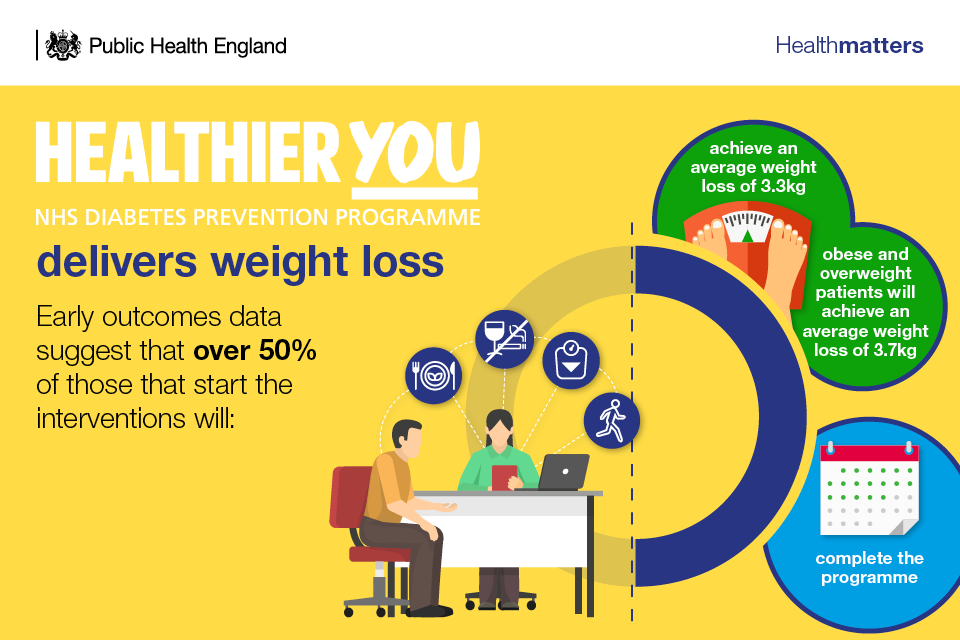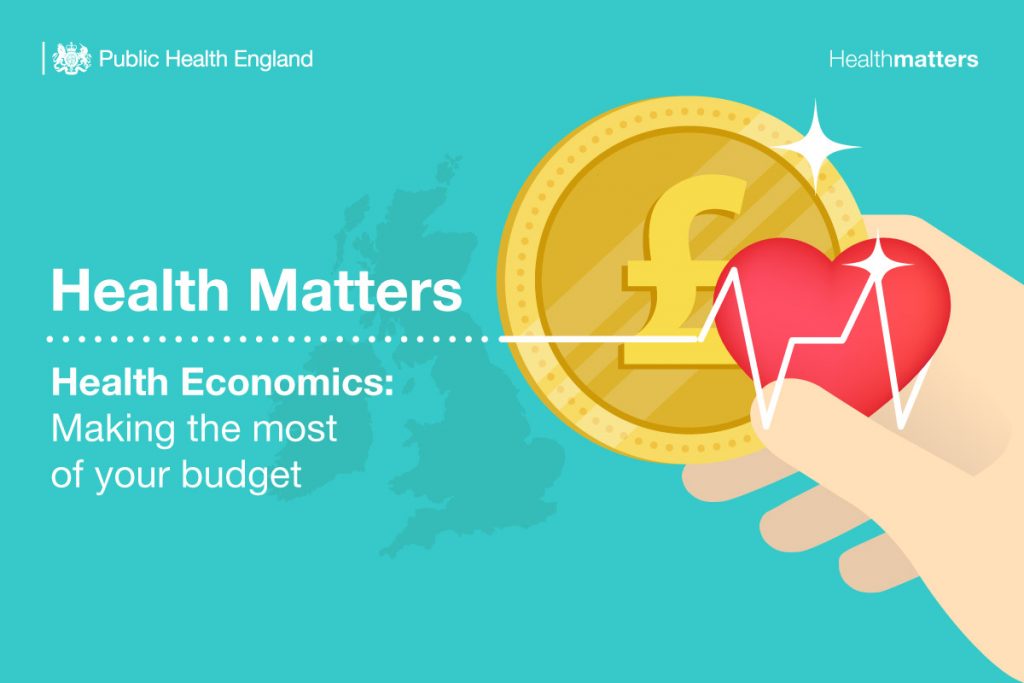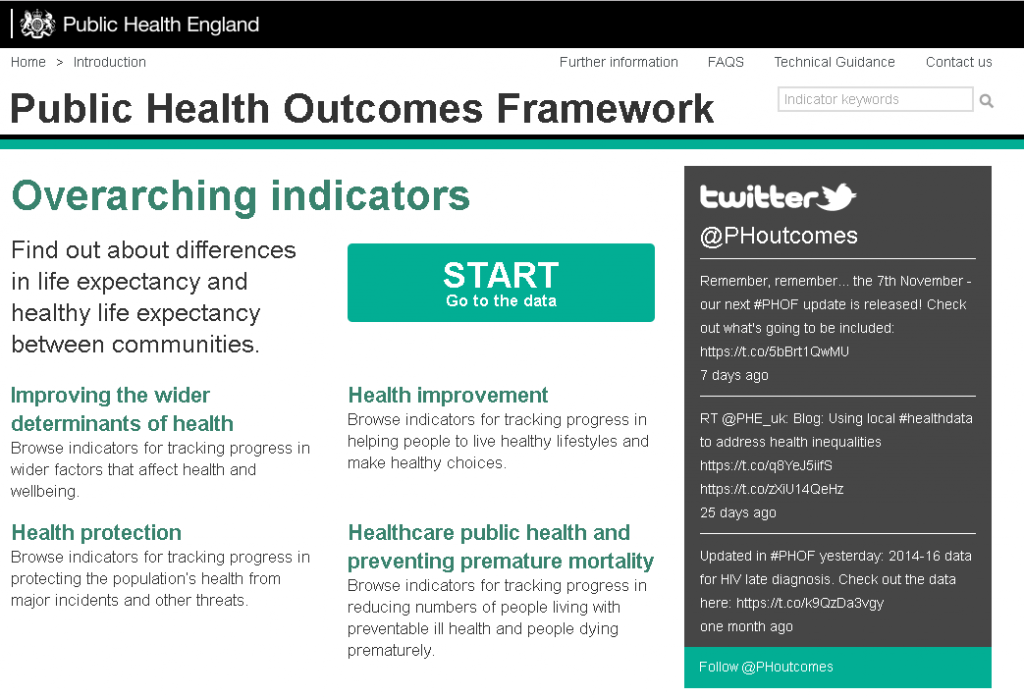Dear everyone I hope many of you have enjoyed a good and restful summer break. I am delighted to say that we have a new Chair for the PHE Advisory Board, Dame Julia Goodfellow. Dame Julia was previously Chair of …
In the recent launch teleconference of the latest edition of Health Matters – on the subject of ‘Health Economics and making the most of your budget’ – we had a range of important questions on PHE’s Health Economics tools from professionals across the UK. This blog summarises the main topics that were covered.
Whether you’re a health professional or a regular traveller to the Middle East you may have heard of Middle East Respiratory Syndrome, or "MERS". The risk of contracting the virus remains very low but simple precautions can help visitors stay safe.
What is FH and why is it important? Familial hypercholesterolaemia (FH) is a common genetic condition that causes high levels of cholesterol in the blood, resulting in an increased risk of heart disease at an early age.
Many people will have heard warnings about the risks of using the toxic chemical called DNP (full name 2,4-DINITROPHENOL) for body building and weight reduction.
Obesity is fuelling a rise in Type 2 diabetes We live in an increasingly obesogenic environment, making it harder for individuals to avoid unhealthy lifestyle choices.
Health inequalities are a social justice issue, and the challenge of addressing them is core to public health practice.
The ONS has published the latest figures for drug-related deaths in England and Wales, covering all deaths registered in 2017.
This is the latest in a series of blogs summarising what we learn each time we update the Public Health Outcomes Framework (PHOF). The PHOF sets out a vision for public health, desired outcomes and the indicators that will help …
How is ethnicity relevant to health and health inequalities In England, the term ‘health inequalities’ is generally understood to mean differences in health status between different population groups that are unfair and avoidable.


